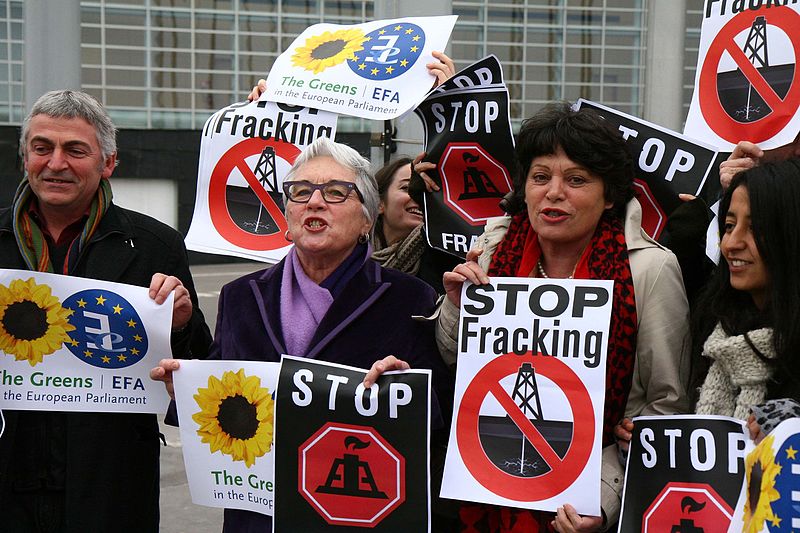Words by Maisie Levitt, News Online Editor
An amendment to the Health and Care Bill will make hymenoplasty illegal throughout the UK, the British government announced on the 24th. Also known as “virginity repair” surgery, the procedure performed to reconstruct the hymen will be criminalised, regardless of consent.
The legislation would also criminalise “aiding and abetting” anyone carrying out a hymenoplasty, which could result in 5 years in prison. Taking a woman or girl overseas for the procedure will also become illegal.
With a growing rate of women and girls having the surgery, dozens of clinics, pharmacies and private hospitals offer it as a method to ‘restore virginity’. Commonly performed through coercion, the surgery’s aim is to make the person bleed when they next have intercourse.
However this is not guaranteed, the World Health Organization (WHO) stated: ”the appearance of a hymen is not a reliable indication of intercourse”. Additionally, Dianna Nammi, the executive director at the Iranian and Kurdish Women’s Rights Organisation, said that “Hymenoplasty causes trauma and, in around half of cases, it fails to make the woman or girl bleed the next time she has intercourse, leaving her highly vulnerable to ‘honour’-based abuse or even ‘honour’ killing”.
Both virginity tests and virginity repair surgeries are considered gendered violence. Gillian Keegan, the Minister for Care and Mental Health, said that the government was “committed to safeguarding vulnerable women and girls in this country”.
According to the WHO, virginity testing is still practiced in at least 20 countries, via an intrusive vaginal examination.
In July 2021, the government pledged to criminalise virginity testing, calling it “indefensible”, leading campaigners, including doctors and midwives, to put pressure on the government to ban the hymenoplasty surgery as well.
The government decision has come after consulting with an independent panel of experts.
Dr Edward Morris, president of Royal College of Obstetricians and Gynaecologists, said that a hymenoplasty can never be excused on the grounds of health. He stated that both the tests and the surgeries are linked forms of violence against women and girls, meaning that “neither practice has any place in the medical world”.
In some conservative cultures, the hymen is linked to virginity. Due to placing high value on a woman’s virginity, hymenoplasty is commonly used to attempt to fulfil the expectation of a virgin bleeding on her wedding night, after having sex for the first time.
While many survivors have said that the criminalisation will save many women and girls from the practice, there is anecdotal evidence that reveals the existence of the surgery being performed at home. According to Indira Varma, who works for the charity Karma Nirvana, it is “an underground but thriving industry” that “deepened the cycle of abuse for victims” due to lowering the risk of victims being able to ask for help if done inside the home.
However, there are some who view the ban as increasing the dangers women may experience due to being driven further underground. Dr Dheeraj Bhar, a cosmetic surgeon, believes in regulating the practice rather than criminalising it. He stated, ”I think the bigger issue here is if you don’t know these procedures are being done you can’t then monitor the complications and follow ups.”
Gillian Keegan, Minister for Care and Mental Health has stated that the government will continue to work with local communities in order “to tackle the taboos and damaging preconceptions associated with virginity and a woman’s worth”.





